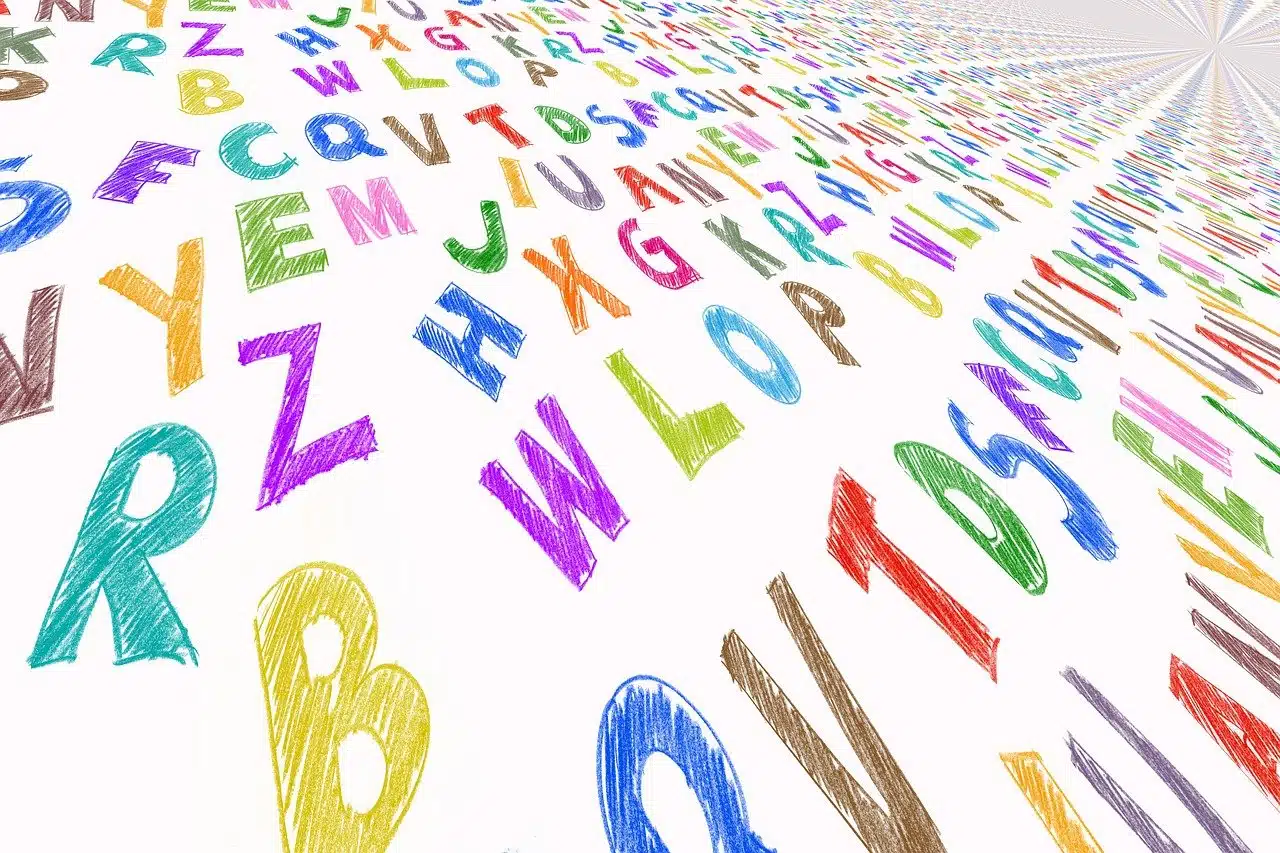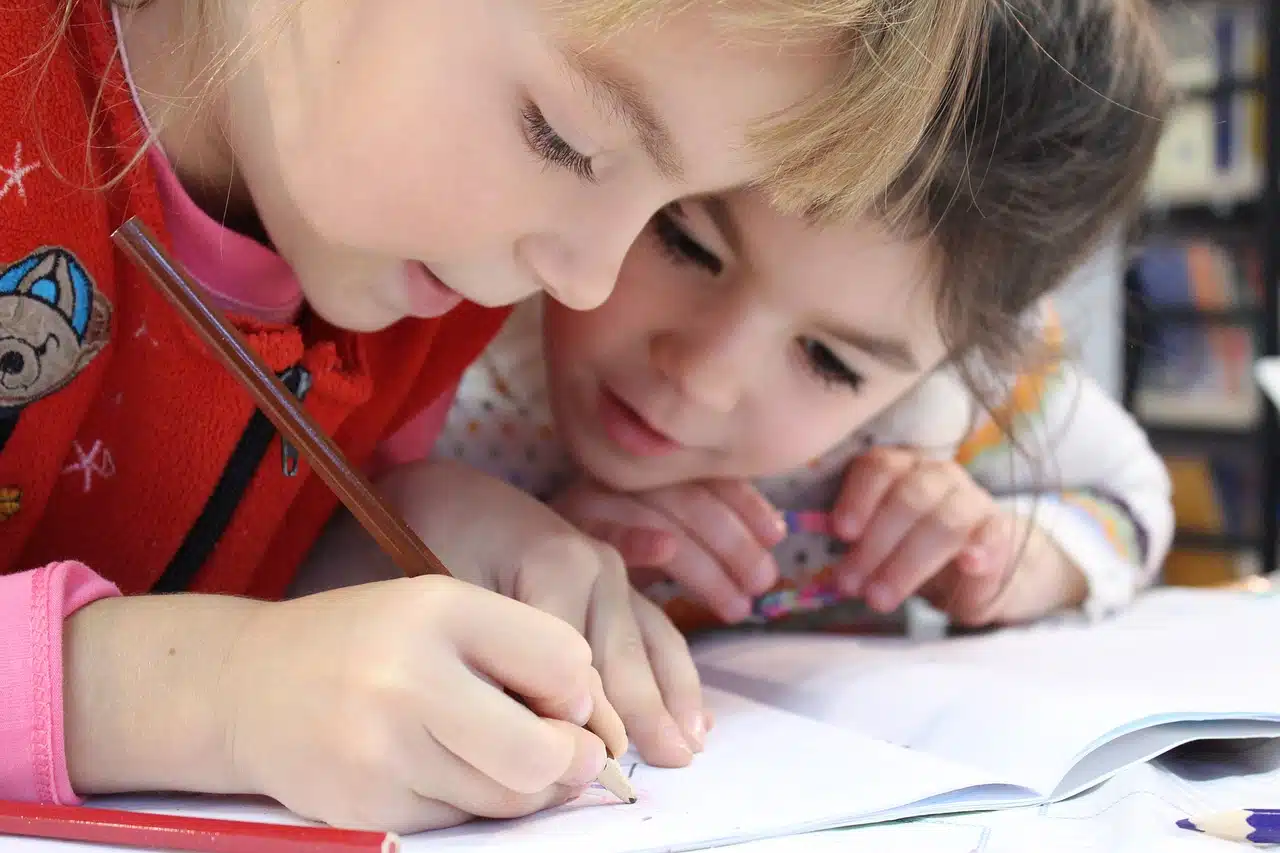
Illiteracy is associated with the inability to read and write.
Illiteracy is the condition of illiterate , a word of Latin origin ( analphabetus ) that in turn derives from ancient Greek (ἀναλφάβητος, illiterate) which refers to a person who does not know how to read or write . In any case, the term usually has widespread use and is used to name individuals who are ignorant or who lack the most basic knowledge in some discipline .
Also considered an epidemic that threatens freedom and progress , illiteracy has alarmed the governments of various countries for decades and there have been numerous campaigns in order to eradicate it. More than 800 million adults and more than 100 million children worldwide are illiterate. This means that, in general, these people do not know how to read their rights , nor the news in a newspaper, nor how to write a resume to look for work. The consequences of these limitations are as obvious as they are terrifying.
Illiteracy and language
In countries that have compulsory schooling programs, illiteracy is very low. However, language learning is increasingly deficient , given a series of factors, among which is the misuse of technology . In the mid-1990s, the conventions used to compose an email message and chat posed a major threat to many teachers, who reported that their students were writing worse and worse. Today, just 15 years later, in countries like the United States, children receive their first mobile phones before the age of 9. How much does technology affect language? Nothing, as long as it is applied with a constructive strategy.
Very complex languages like Japanese require even greater effectiveness on the part of teachers and attention and perseverance on the part of students that would be unimaginable in the West. However, despite the stereotypical determination and discipline of the Easterners, illiteracy also attacks them. Ironically, carrying out one of Japan 's plans to improve the teaching of writing and reading requires every student to bring a Nintendo DSi to school . The proposal is to use a program that captures and recognizes the words said by the teacher and sends them to each person so that they can follow the class and save an automatic note, always with correct spelling . There are also various programs that supervise manual writing carried out on a touch screen with the help of a stylus or stylus, to ensure precise learning of this very complex language that requires, for example, that the order and direction of each of the strokes of a character are unalterable.

The school helps reduce illiteracy.
Different types
When a person learns to read and write but cannot apply this knowledge in a practical way, we speak of functional illiteracy . In this case, the individual is capable of making basic use of their language , but unable to understand written instructions, fill out a form, read a text in a communication medium, interpret traffic signs or timetables, as well as use efficiently computer tools such as a word processor, the Internet or a mobile phone. Although these people are capable of understanding isolated words, it is when they are combined and adopt relative and contextual meanings that their interpretation becomes impossible for them.
On the other hand, in recent years the concept of digital illiteracy has been developed, which refers to people who do not have the necessary knowledge to interact with new technologies (such as the Internet ). Erroneously, this condition is usually associated with people of a certain age, probably parents and grandparents from the generation of the 80s onwards. Just as in the case of traditional illiteracy, the causes of this lack of knowledge and understanding are not linked to age or, in many cases, to the economic level of the person. The main culprits are, in general, impractical and frustrating teaching techniques, which do not think of the student as an individual but as part of a group that includes any person of the same age, assuming that all its members show a similar degree of interest and ability.
A few years ago, the UN included education as one of the eight Millennium Development Goals . To achieve this goal, not only are schools available, but television and the Internet offer various free tools for learning the language, ranging from video series to texts, applications and even games.
